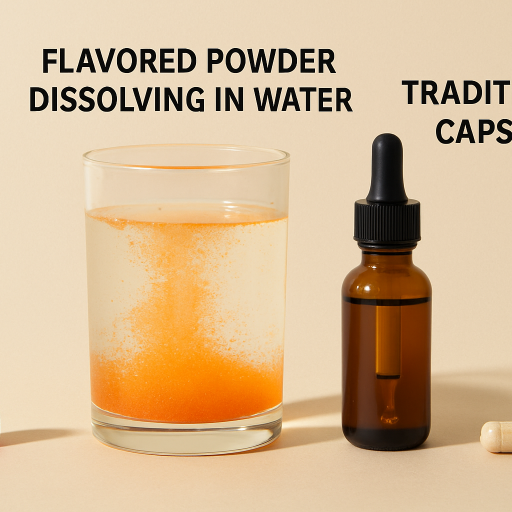The idea of entering drug rehabilitation can often evoke feelings of fear and uncertainty. Many individuals struggling with addiction worry about what to expect, the stigma associated with treatment, and the potential challenges they may face. However, understanding the reality of drug rehabilitation can help alleviate these fears. Rehab facilities offer compassionate support, personalised care, and a structured environment that fosters recovery. This article explores why drug rehabilitation is not as daunting as it may seem, how it can help you, and the long-term benefits of seeking help.
Understanding Drug Rehabilitation
Drug rehabilitation is a comprehensive process designed to assist individuals in overcoming addiction and reclaiming their lives. It typically involves a combination of medical treatment, therapy, and support groups. The primary goal is to help individuals understand the root causes of their addiction, develop coping strategies, and build a foundation for a healthier, substance-free life.
The Supportive Environment
One of the most significant misconceptions about drug rehabilitation is that it is a harsh and punitive environment. In reality, many rehab facilities focus on creating a supportive and nurturing atmosphere. Trained professionals, including doctors, therapists, and support staff, are dedicated to helping individuals navigate their recovery journey. They understand the complexities of addiction and provide the necessary tools and encouragement to foster healing.

How Drug Rehabilitation Helps You
- Medical Supervision
For many individuals, the first step in rehabilitation is detoxification, which involves clearing the substance from the body. This process can be uncomfortable and even dangerous without medical supervision. In a rehabilitation setting, healthcare professionals monitor your health and provide medications to ease withdrawal symptoms, ensuring your safety and comfort during this critical phase.
- Individualised Treatment Plans
Every person’s journey with addiction is unique, and effective rehabilitation recognises this. Private drug rehab facilities often develop individualised treatment plans tailored to each person’s specific needs and circumstances. This customised approach ensures that you receive the most appropriate care, addressing both the addiction and any underlying mental health issues.
- Therapy and Counselling
Therapeutic interventions play a crucial role in drug rehabilitation. Individual and group therapy sessions provide a safe space to explore the emotional and psychological aspects of addiction. These sessions help individuals identify triggers, develop coping mechanisms, and build resilience.
- Life Skills Training
Rehabilitation is not just about overcoming addiction; it’s also about equipping individuals with the skills needed for a successful life post-recovery. Many programmes include life skills training, teaching essential skills such as stress management, effective communication, and decision-making. These skills are vital for navigating challenges and maintaining sobriety in everyday life.
Long-Term Benefits of Drug Rehabilitation
- Improved Mental Health
Addiction often coexists with mental health issues such as anxiety, depression, or trauma. Drug rehabilitation addresses these underlying problems, helping individuals achieve better mental health outcomes. According to a study by the National Institute on Drug Abuse, individuals who complete treatment are 40% to 60% less likely to relapse than those who do not seek help. This statistic highlights the effectiveness of rehabilitation in promoting long-term recovery.
- Enhanced Relationships
Addiction can strain relationships with family, friends, and colleagues. Through rehabilitation, individuals learn to communicate effectively and rebuild trust with loved ones. The support received during treatment can also extend to family members, helping them understand addiction and fostering healthier dynamics.
- Increased Employment Opportunities
Achieving sobriety can open up new employment opportunities. Many rehabilitation programmes include vocational training and job placement assistance, helping individuals reintegrate into the workforce. Being sober not only enhances your employability but also improves your overall quality of life.
- A Sense of Community
Entering rehabilitation often means becoming part of a supportive community. Many individuals form lasting friendships with fellow participants who understand their struggles. This sense of belonging can be an essential factor in maintaining sobriety and providing ongoing support after treatment.
Overcoming the Fear of Rehabilitation
It is natural to feel apprehensive about entering drug rehabilitation, but it is essential to remember that seeking help is a courageous step towards a healthier future. Fears about stigma, withdrawal, or the unknown can be overwhelming, but understanding the supportive nature of rehabilitation can help ease these concerns.
Drug rehabilitation is not a scary process; rather, it is an opportunity for transformation and healing. With the right support, individuals can overcome addiction, develop essential life skills, and build a brighter future. The long-term benefits of rehabilitation extend far beyond sobriety, positively impacting mental health, relationships, and overall quality of life. If you or someone you know is struggling with addiction, consider reaching out for support. Taking that first step can lead to a life of recovery, happiness, and fulfilment.

